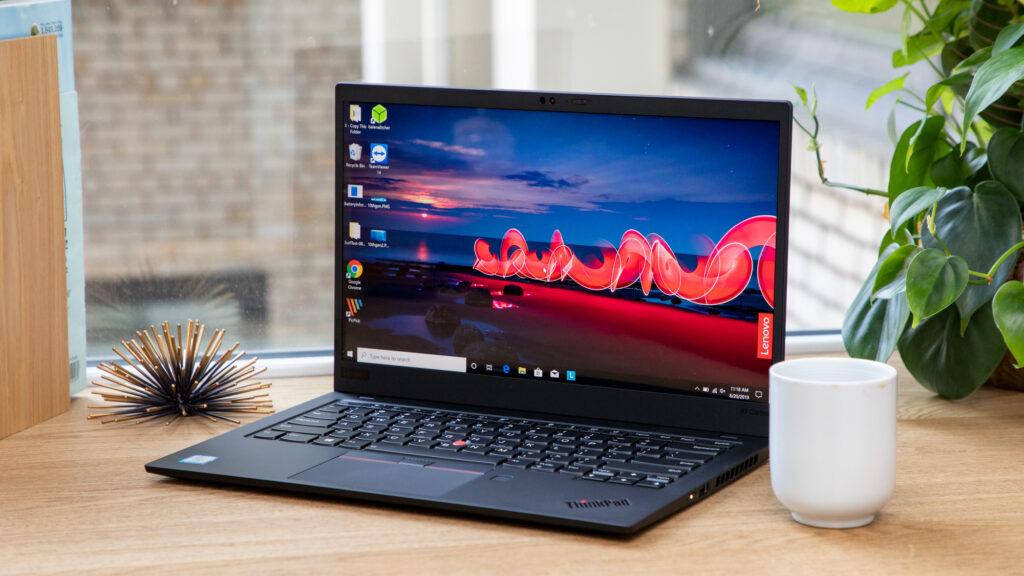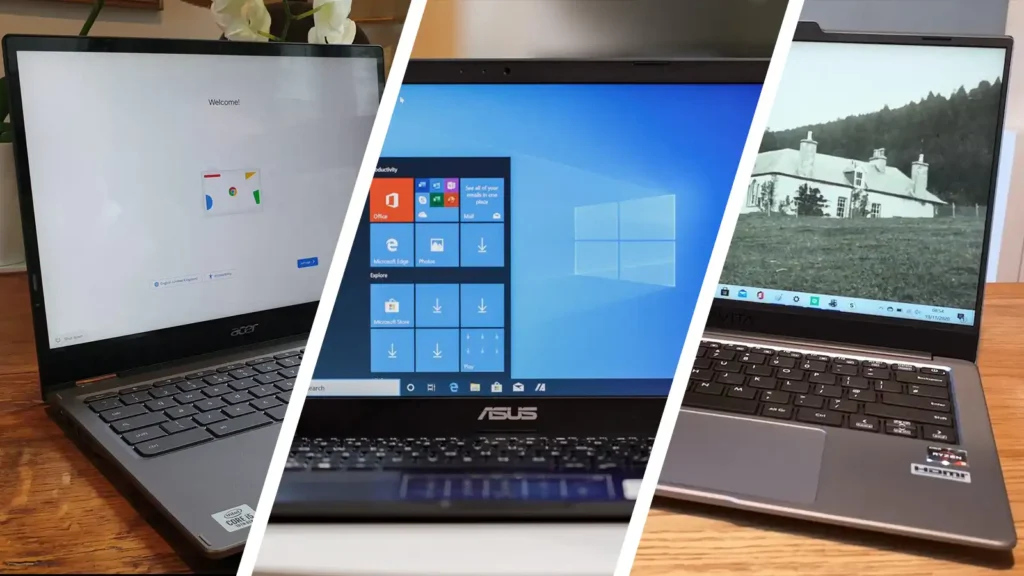Do I need to turn off my computer or laptop at night
To shutdown your computer or not the nightly dilemma of turning off your computer or laptop
The advantages and disadvantages of turning off your computer or laptop at night. Explorer the effective energy consumption convenience and system longevity to make an informed decision for your nightly computer habits. For those people who are concerned about energy consumption and shutting down your computer overnight can play their part in energy savings.
Almost all power users do not turn off their computer or laptop at all. It works for days, months and even years.
I often walk past the windows of one bank in the evening – they have all their computer or laptop turned on and the screensaver is still from Windows 7. That is, the computer may have been working since those years.
But how is it correct? Let’s figure it out.

Why don’t many people turn off their computer or laptop?
- Many years of experience have shown that if a computer or laptop is constantly on, then the risk of failures will be less than constantly turning it on and off.
In fact, the parts inside the PC are kept “in good shape”, and frequent switching on of the computer or laptop is fraught with various voltage surges and reduces wear of parts due to temperature changes.
Also Read: Unlocking the process of how to take a screenshot on the laptop
But on the other hand, every detail has a working life in hours, but modern computer or laptop have such a long life that a PC will become obsolete morally much faster than it degrades physically.
- Frequent start-ups of the computer harm the SSD drive if the quick start option is activated in Windows.
After all, SSD has a limited resource of work in terms of the number of write cycles, and when turned off, the operating system downloads the entire current session to disk in order to boot faster later.
- The computer works as a server (it is constantly connected to the network and the data on its disks are used by someone else) or is needed from time to time several times a day.
- No matter how paradoxical it may sound, but frequent switching on of an old computer is harmful, and a new one can thus be “driven” while it is under warranty.

But let’s not be “like everyone else,” but think logically. In what cases, it is still worth turning off the computer or laptop:
- Fan noise interferes with rest. Here’s how and I turn off the PC solely for this reason.
- You have an unstable power supply in your home. Light flashes, bulbs often burn out. In theory, an uninterruptible power supply is needed here, which smooths out impulses, but not everyone has one.
- You want to reduce wear and tear on your hard disk drive (HDD) and cooling system (coolers). The longer they spin, the more friction destroys them.
- The laptop should definitely be turned off, this will save battery life. It is to turn it off, and not to put it into sleep mode, in which the battery is still being consumed. You can dilute the holivar: they say, if the laptop is connected to a power source, then the battery seems to work “in reserve”. However, it depends on the controller how it behaves.
- You want to save a little on electricity. But you will only save money if you have a CRT monitor and a powerful computer.
- You don’t use a computer every day.
Conclusion: you do not need to turn it off at night if the last 6 points do not coincide, but if you rarely use your computer or laptop, then you should still turn it off.
By the way – and rebooting, at least once a day (if you do not turn off the PC) is very useful, but hibernation can lead to the fact that one day you will not wake up the system, and if you had unsaved data, then you you can lose them.

What are you doing? Write in the comments.
FAQ’s
Is it better to shutdown or sleep laptop at night?
Shutting down is the best choice if you are not using your computer for the long period of time. Sleep mode is better option if you are required to on the computer in a short period of time.
Is it okay to leave your laptop on sleep all night?
No this is not a problem. But in case if you are using Windows then you should notice that Windows are succebtible to get hiccups all the time that depends upon hardware and going into sleep mode can cause different types of hiccups.
Should I turn off my PC power supply at night?
Desktop computers are usually more suitable for 24/7 operations but they should be present in a well ventilated area that have some cooling to maintain their optimal performance.
